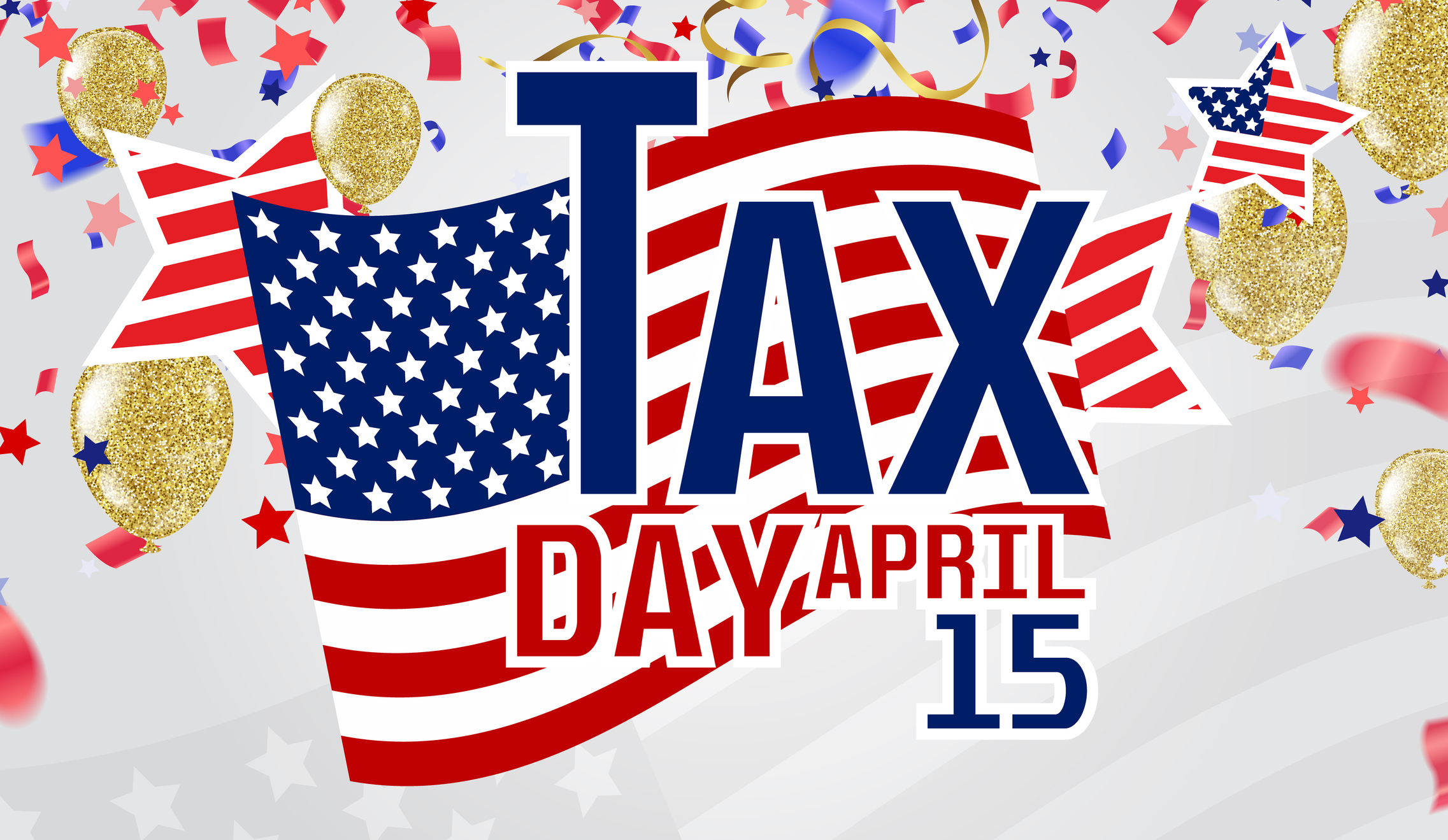Using Savings Bonds to Pay Tuition
I have some EE savings bonds that qualify for college tuition payments without being taxed. Are they tax-free for graduate school, too?

Profit and prosper with the best of Kiplinger's advice on investing, taxes, retirement, personal finance and much more. Delivered daily. Enter your email in the box and click Sign Me Up.
You are now subscribed
Your newsletter sign-up was successful
Want to add more newsletters?

Delivered daily
Kiplinger Today
Profit and prosper with the best of Kiplinger's advice on investing, taxes, retirement, personal finance and much more delivered daily. Smart money moves start here.

Sent five days a week
Kiplinger A Step Ahead
Get practical help to make better financial decisions in your everyday life, from spending to savings on top deals.

Delivered daily
Kiplinger Closing Bell
Get today's biggest financial and investing headlines delivered to your inbox every day the U.S. stock market is open.

Sent twice a week
Kiplinger Adviser Intel
Financial pros across the country share best practices and fresh tactics to preserve and grow your wealth.

Delivered weekly
Kiplinger Tax Tips
Trim your federal and state tax bills with practical tax-planning and tax-cutting strategies.

Sent twice a week
Kiplinger Retirement Tips
Your twice-a-week guide to planning and enjoying a financially secure and richly rewarding retirement

Sent bimonthly.
Kiplinger Adviser Angle
Insights for advisers, wealth managers and other financial professionals.

Sent twice a week
Kiplinger Investing Weekly
Your twice-a-week roundup of promising stocks, funds, companies and industries you should consider, ones you should avoid, and why.

Sent weekly for six weeks
Kiplinger Invest for Retirement
Your step-by-step six-part series on how to invest for retirement, from devising a successful strategy to exactly which investments to choose.
I have some EE savings bonds that qualify for college tuition payments without being taxed. Are they tax-free for graduate school, too?
Maybe, but only in very specific circumstances.
Interest earnings on savings bonds usually are subject to federal income tax. However, interest on Series EE and I bonds issued after 1989 can be tax-free when used to pay for qualified education expenses if you meet certain requirements. Your modified adjusted gross income must be below $124,700 if married; $78,100 if single in 2006. Married couples earning more than $94,700 and singles earning more than $63,100 can exclude only part of the interest. Your modified adjusted gross income is generally your adjusted gross income without taking into account any savings bond interest exclusion and a few other deductions. See IRS Publication 970, Tax Benefits for Education, for the full definition.
From just $107.88 $24.99 for Kiplinger Personal Finance
Become a smarter, better informed investor. Subscribe from just $107.88 $24.99, plus get up to 4 Special Issues

Sign up for Kiplinger’s Free Newsletters
Profit and prosper with the best of expert advice on investing, taxes, retirement, personal finance and more - straight to your e-mail.
Profit and prosper with the best of expert advice - straight to your e-mail.
To get this break, you also have to be at least 24 years old when the bond was first issued. And the money must be used for tuition and fees (room and board don't count).
Graduate school tuition is considered a qualified educational expense, but there could be a catch: The bond must be used for the bond owner, spouse, or a dependent whom you claim as an exemption on your return. If the bond is in your name and your child is no longer considered your dependent for tax purposes, then you can't get the savings bond tax break to help pay his or her grad school tuition.
You can use bonds you own for your own tuition, however, or you could even buy a new bond after age 24 and use it tax-free for your own grad school costs in the future.
For more information about saving for college, especially strategies for making the most of new tax law and financial aid rules, see The New Math of Paying for College. For more information about savings bonds, see the Treasury's savings bond Web site.
Profit and prosper with the best of Kiplinger's advice on investing, taxes, retirement, personal finance and much more. Delivered daily. Enter your email in the box and click Sign Me Up.

As the "Ask Kim" columnist for Kiplinger's Personal Finance, Lankford receives hundreds of personal finance questions from readers every month. She is the author of Rescue Your Financial Life (McGraw-Hill, 2003), The Insurance Maze: How You Can Save Money on Insurance -- and Still Get the Coverage You Need (Kaplan, 2006), Kiplinger's Ask Kim for Money Smart Solutions (Kaplan, 2007) and The Kiplinger/BBB Personal Finance Guide for Military Families. She is frequently featured as a financial expert on television and radio, including NBC's Today Show, CNN, CNBC and National Public Radio.
-
 How Much It Costs to Host a Super Bowl Party in 2026
How Much It Costs to Host a Super Bowl Party in 2026Hosting a Super Bowl party in 2026 could cost you. Here's a breakdown of food, drink and entertainment costs — plus ways to save.
-
 3 Reasons to Use a 5-Year CD As You Approach Retirement
3 Reasons to Use a 5-Year CD As You Approach RetirementA five-year CD can help you reach other milestones as you approach retirement.
-
 Your Adult Kids Are Doing Fine. Is It Time To Spend Some of Their Inheritance?
Your Adult Kids Are Doing Fine. Is It Time To Spend Some of Their Inheritance?If your kids are successful, do they need an inheritance? Ask yourself these four questions before passing down another dollar.
-
 The 'Scrooge' Strategy: How to Turn Your Old Junk Into a Tax Deduction
The 'Scrooge' Strategy: How to Turn Your Old Junk Into a Tax DeductionTax Deductions We break down the IRS rules for non-cash charitable contributions. Plus, here's a handy checklist before you donate to charity this year.
-
 How Are I Bonds Taxed? 8 Common Situations to Know
How Are I Bonds Taxed? 8 Common Situations to KnowBonds Series I U.S. savings bonds are a popular investment, but the federal income tax consequences are anything but straightforward.
-
 New Ways to Use 529 Plans
New Ways to Use 529 PlansTax-free withdrawals from 529 plans could help you sharpen your job skills.
-
 I Want to Help Pay for My Grandkids' College. Should I Make a Lump-Sum 529 Plan Contribution or Spread Funds out Through the Years?
I Want to Help Pay for My Grandkids' College. Should I Make a Lump-Sum 529 Plan Contribution or Spread Funds out Through the Years?We asked a college savings professional and a financial planning expert for their advice.
-
 Tax Day 2025: Don’t Miss These Freebies, Food Deals and Discounts
Tax Day 2025: Don’t Miss These Freebies, Food Deals and DiscountsTax Day You can score some sweet deals on April 15 in some select restaurants like Burger King, Shake Shack, and more.
-
 QCD Limit, Rules and How to Lower Your 2026 Taxable Income
QCD Limit, Rules and How to Lower Your 2026 Taxable IncomeTax Breaks A QCD can reduce your tax bill in retirement while meeting charitable giving goals. Here’s how.
-
 How Intrafamily Loans Can Bridge the Education Funding Gap
How Intrafamily Loans Can Bridge the Education Funding GapTo avoid triggering federal gift taxes, a family member can lend a student money for education at IRS-set interest rates. Here's what to keep in mind.
-
 How an Irrevocable Trust Could Pay for Education
How an Irrevocable Trust Could Pay for EducationAn education trust can be set up for one person or multiple people, and the trust maker decides how the money should be used and at what age.